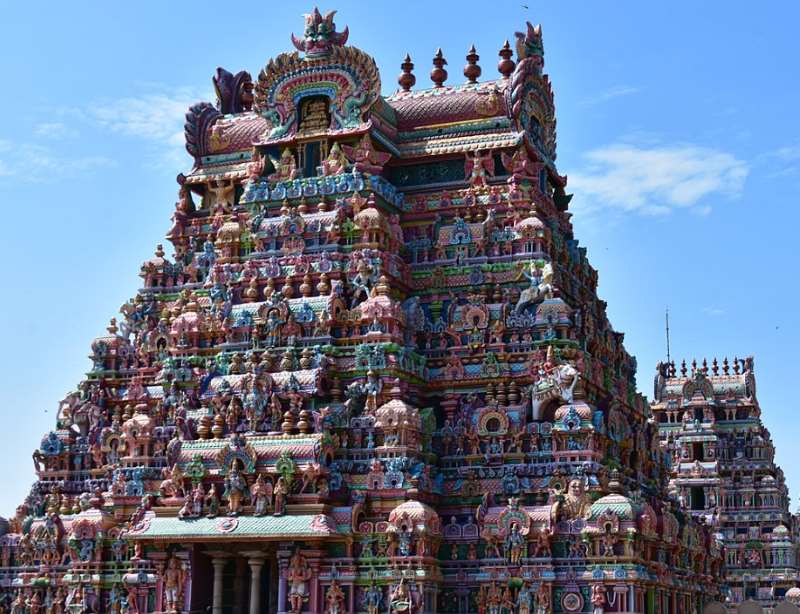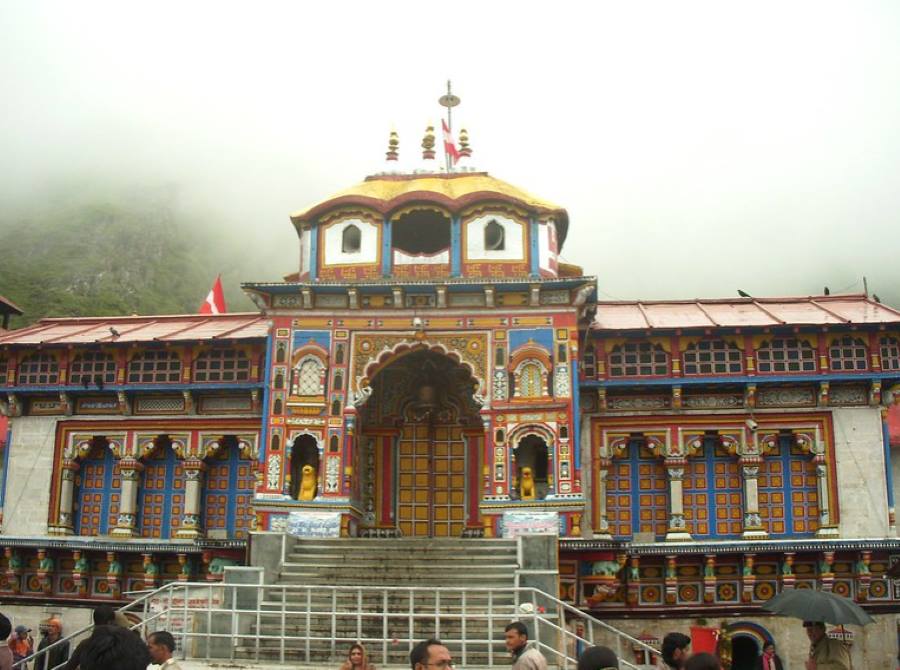7 Crore+ Customers

Affordable Premium


108 Divya Desam Temples in India You Can Visit

In the realm of spirituality and divine worship, the 108 Divya Desam temples hold a prestigious position, representing a significant pilgrimage in Hinduism, particularly among followers of Vishnu.
These temples, scattered across the Indian subcontinent, with a few situated outside India, are revered for their historical, architectural, and spiritual significance.

Table of Contents

What is 108 Divya Desam Temple?
The term "Divya Desam" translates to "Divine Places" in English, referring to the 108 temples dedicated to Lord Vishnu that are celebrated by the Tamil hymns of the Alvars, mystic Tamil saints who lived between the 5th and 8th centuries CE.
These temples are not just places of worship but are considered the abodes of Vishnu on Earth, where the deity is revered in various forms and avatars.
The 108 Divya Desam temples list encompasses a vast geography, from the snow-clad Himalayas in the north to the lush landscapes of Tamil Nadu in the south, each temple with its own unique legend and spiritual significance.
List of 108 Divya Desam Temples in India
The number 108 holds profound significance in Hinduism, symbolising completeness and spiritual perfection; here is the list of 108 Divya Desma Temples:
Divya Desam Temples in Tamil Nadu
Divya Desam Temples in Kerala
Divya Desam Temples in Andhra Pradesh
Divya Desam Temples in Gujarat
Divya Desam Temples in Uttar Pradesh
Divya Desam Temples in Uttarakhand
Divya Desam Temple Outside India (Nepal)
Divya Desam Temples (Celestial Abodes)
Why There are Precisely 108 Divya Desam Temples in India?

There are exactly 108 Divya Desam Temples for a number of reasons, here are the 3 common reasons:
1. Spiritual Completeness
The number 108 holds a profound spiritual significance in Hinduism, embodying the concept of completeness and universal unity.
It is believed that visiting the 108 Divya Desam temples allows a devotee to achieve a full spectrum of spiritual enlightenment and blessings, encompassing all aspects of Vishnu's grace.
This number is not arbitrary but deeply rooted in the cosmic and spiritual ethos of Hindu philosophy.
2. Cosmic Alignment
Astrologically and cosmically, the number 108 is significant, with ancient texts linking it to the universe's harmonic design.
The distances between the Earth, Moon, and Sun, as well as the number of constellations and their divisions, resonate with this number, suggesting a divine cosmic alignment in the selection of the 108 Divya Desam temples.
This celestial connection is believed to amplify the spiritual energy and divine presence in these sacred spaces.
3. Sacred Repetition
The act of repetition, or japam, is a critical aspect of Hindu worship, symbolizing the eternal cycle of life, death, and rebirth, as well as the continuous nature of divine love and devotion
Chanting the names of Lord Vishnu or visiting these 108 sacred abodes repetitively is thought to cleanse the soul, facilitate spiritual growth, and strengthen the bond between the devotee and the divine.
Why 108 Divya Desam Temples are Popular?
The popularity of the 108 Divya Desam temples transcends mere religious fervour, encompassing elements of cultural heritage, architectural grandeur, and historical significance.
These temples, chronicled in the early medieval Tamil literature of the Alvars, have become emblematic of Tamil culture and Hindu devotional practice.
Moreover, their rich mythologies and associated rituals offer a deep dive into the multifaceted persona of Lord Vishnu, attracting not just pilgrims but also historians, artists, and scholars from around the world.
The temples' breathtaking architecture, ranging from towering gopurams (monumental towers) to intricate carvings and sculptures, showcases the zenith of Dravidian architectural prowess, making them a subject of admiration and study.
The 108 Divya Desam temples represent a journey through the physical and spiritual landscapes of India, offering a pathway to divine communion, cultural immersion, and architectural appreciation. Each temple, with its unique deity, mythology, and community of worshippers, contributes to the rich tapestry of Hinduism's devotional traditions.
Protect What Matters - Explore Other Insurance Options












